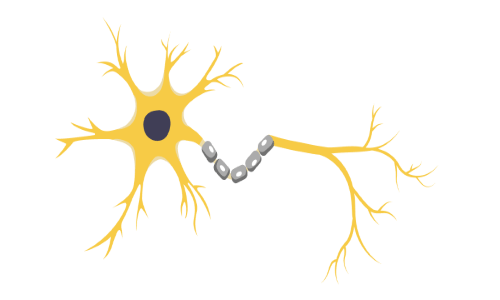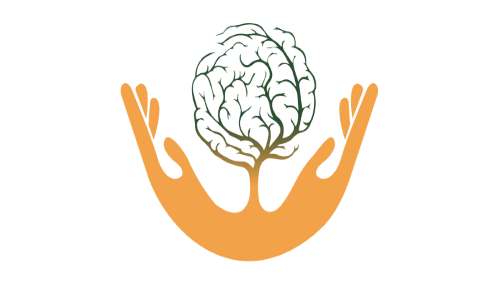
Neural Mechanisms in Depressed Minors on Antidepressants
Open to access this content

Open to access this content

Open to access this content

Open to access this content

Open to access this content